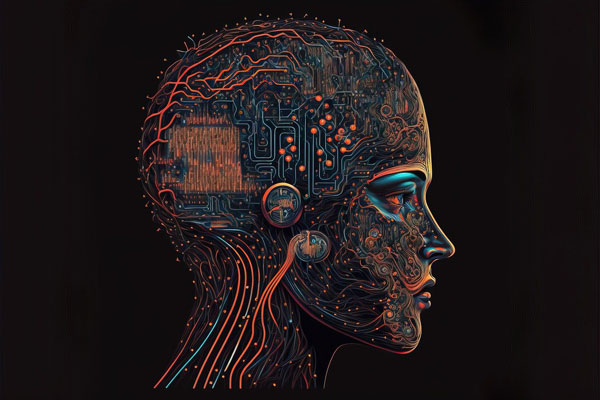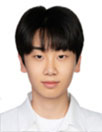AI drives drug development forward, storming the health sector

[Photo Credit to Pixabay]
Pharmaceutical companies are increasingly using AI, setting a new paradigm in the global healthcare sector.
Amgen, an American multinational biopharmaceutical company headquartered in Thousand Oaks, California, has drastically reduced the time for material screening and optimization from three months to several weeks by pre-training BioNeMo's ESM model with its antibody data.
NVIDIA, a multinational corporation and technology company headquartered in Santa Clara, California, has also recently unveiled its extended AI model 'BioNeMo' on March 18.
Furthermore, BioNeMo accelerates protein structure and molecular docking predictions, speeding up drug development, particularly useful in the pharmaceutical biotech field—over 100 global pharma-biotech firms are already using this model.
Artificial Intelligence (AI) is revolutionizing the world, from everyday life to cutting-edge business domains.
This trend suggests that generative AI will play a significant role in accelerating new drug development, digital surgeries, and digital healthcare.
To cope with this phenomenon, South Korea is making significant strides to become a global leader in AI-driven drug development.
According to the Korea Health Industry Development Institute, the highest number of AI drug development companies was established in 2018.
South Korea has been establishing many AI drug development companies since 2015, with a peak in 2018.
Investment in this sector has grown 27-fold over the past nine years, totaling $60.3 billion.
Pharmaceutical and biotech companies in the country are setting up AI departments, developing proprietary AI platforms, and actively investing in and collaborating with AI firms.
Last year alone saw 232 partnerships formed between pharmaceutical companies and AI firms, with numerous new drug pipelines being developed using AI, from target selection to drug design.
Experts predict that this year will mark the beginning of Korea’s healthcare revolution driven by generative AI.
However, many studies show that experts are hesitant about adopting AI due to the uncertainties and associated risks.
Ricardo Baptista Leite, CEO of HealthAI, stresses that failing to quickly adopt this international trend could lead to a significant digital divide.
HealthAI, based in Geneva, focuses on responsible AI usage in healthcare.
Today, many experts worldwide, from cross-industry, discuss how companies can effectively respond to AI regulations and implement feasible AI governance.
For example, ZDNet Korea, in partnership with Sejong Law Firm's AI Center, has launched a special series titled "Era of GenAI" to explore these changes.
The aim is to seek in-depth analysis on how AI is impacting various sectors including software, telecommunications, internet, health biology, retail, electronics, finance, automotives, gaming, blockchain, and more.
On the bright side, Ricardo Baptista Leite believes that AI can transform traditional disease-centered medical systems into ones that enhance the quality of life.
He also views South Korea as a global leader in health tech, highlighted by its response to the COVID-19 pandemic and its advanced AI capabilities that are supported by proactive government policies.
The advancement of AI technology and its ethical and societal implications are also to be addressed to contribute to a healthy AI ecosystem.
South Korea's efforts to become a global powerhouse in AI drug development are evident as it continues to push for advancements in healthcare data, workforce, and international collaborations.

- SANGMIN LEE / Grade 10
- Libertas Scholars College Prep

![THE HERALD STUDENT REPORTERS [US]](/assets/images/logo_student_us.png)
![THE HERALD STUDENT REPORTERS [Canada]](/assets/images/logo_student_ca.png)
